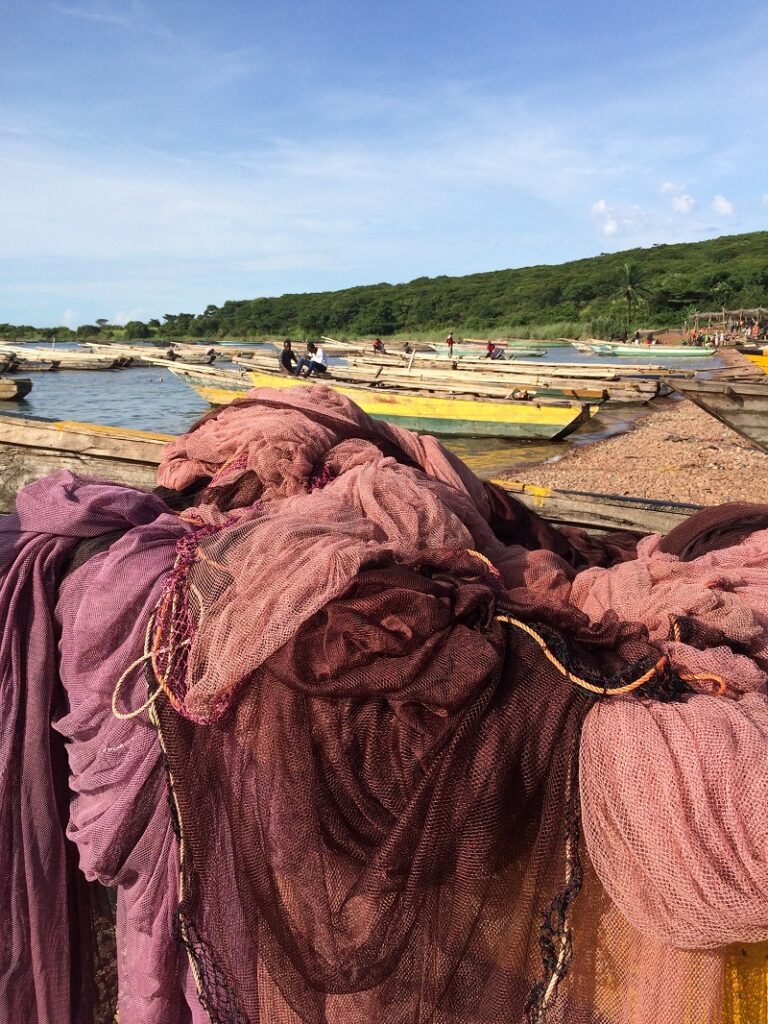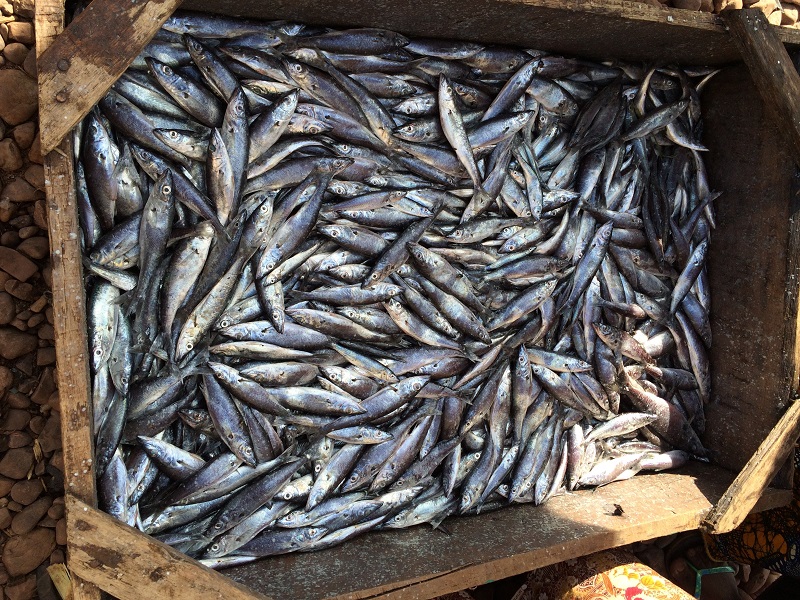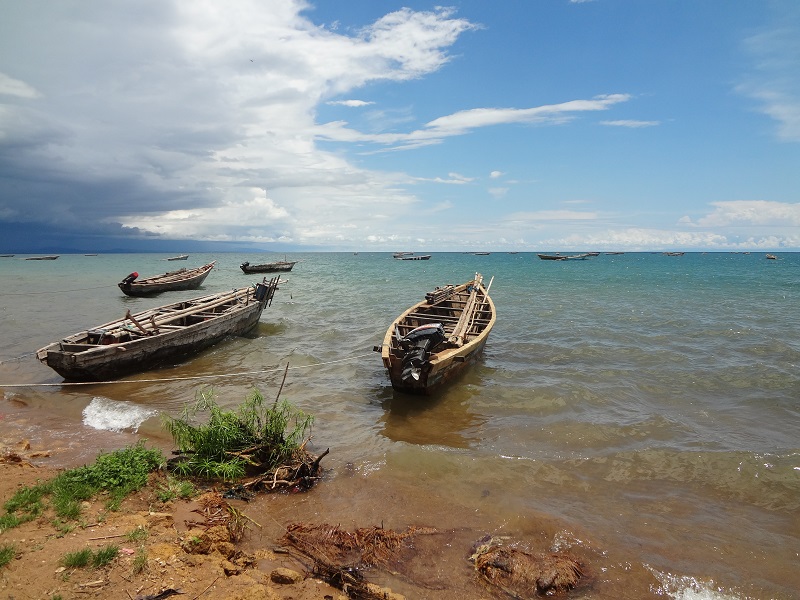Today’s guest blog is written by Ben Lowe. Until 2015, Ben served as the founding national organizer and spokesperson for Young Evangelicals for Climate Action (YECA). He is ordained and licensed with The Alliance and chairs the Board of the Au Sable Institute of Environmental Studies. Ben is the author of Doing Good Without Giving Up (IVP 2014) and Green Revolution (IVP 2009).
“When the environment isn’t healthy, people aren’t healthy.”
Standing on the shores of Lake Tanganyika in East Africa, I again recalled this lesson from one of my Wheaton College professors years ago. The second deepest lake in the world, Lake Tanganyika sustains a vital fishery that communities in the D.R. Congo, Tanzania, Zambia, and Burundi rely on to survive.
Tragically, a potent combination of changing climate patterns, unsustainable fishing practices, and other anthropogenic factors have been undercutting the lake’s productivity. Struggling to catch enough fish, people are losing their livelihoods, families are going hungry, and children are being pulled out of school to work.

Similarly tragic socio-ecological crises are happening across the world. I’ve seen them firsthand in Sub-Saharan Africa, as well as in Southeast Asia where I grew up as a missionary kid. They even occur in more developed countries like the United States (e.g. Flint, Michigan).
As our numbers and consumption rates continue climbing, how can we flourish together on God’s earth without further destroying it or each other?
It begins by realizing that our socio-environmental problems such as pollution, resource shortages, and forced migrations are symptoms of deeper moral ills. We live in a corrupted world and the brokenness that runs deep in creation plagues our societies and each of us as individuals.
At the end of the day, what all of creation needs is a solution to sin. And there is only one solution: Jesus Christ and his sacrifice and triumph on the cross. He overcame sin and death and paved the way for all things to be restored to wholeness (Colossians 1:15-20). Sometimes we Christians have been guilty of suggesting that Jesus came only to save people but, in the words of a good friend, “the cross is for all of the Fall.”
The Lausanne Movement puts it this way in their 2010 Cape Town Commitment:
We remind ourselves that the Bible declares God’s redemptive purpose for creation itself. Integral mission means discerning, proclaiming, and living out the biblical truth that the gospel is God’s good news, through the cross and resurrection of Jesus Christ, for individual persons, and for society, and for creation. All three are broken and suffering because of sin; all three are included in the redeeming love and mission of God; all three must be part of the comprehensive mission of God’s people.

Three implications stand out here:
First, creation matters. That God took on human flesh and came to live as one of us on earth reinforces the consistent biblical testimony that the physical creation is good. It has intrinsic value for the ultimate reason that God says so (Genesis 1). As something of such value, we as God’s people have every reason to steward and protect this creation.
Second, there is hope for both us and the earth. The Bible begins with creation and ends with new creation. We read that the earth will, like us, be set free from its groaning and oppression to sin (Romans 8). The biblical vision we have of the future is one where, by the love and power of God, creation will be refined and renewed. Human civilization and the natural world will once again flourish in a rich and peaceful relationship with each other and God (Revelation 22).
And, third, we get to be active participants in this redemptive mission of God. Humans are distinct from all the other species in that we are created in His image (Genesis 1). This is a functional distinction that gives us both the unique capacity as well as divine authority to join God in cultivating creation and developing culture (Genesis 2:15). Our calling is not merely to help sustain creation but to provide for its growth and flourishing.

These are not just abstract ideas. As I lament the social and ecological damage taking place on beautiful Lake Tanganyika, I am reminded that it does not need to be this way. And one day it won’t be. We can even now be part of caring for and restoring the people and places around us.
As I reflect on the future of Lake Tanganyika—and the future of the rest of creation —it is my faith in our Creator that gives me hope and moves me to care and act. The world celebrates Earth Day every April 22. For Christians, however, every day can and should be Earth Day—for the earth and everything in it belongs to God, and we follow a risen savior, Jesus Christ, who invites us to join Him in making all things new.
Portions of this post were adapted from a previously written article by the author available here.